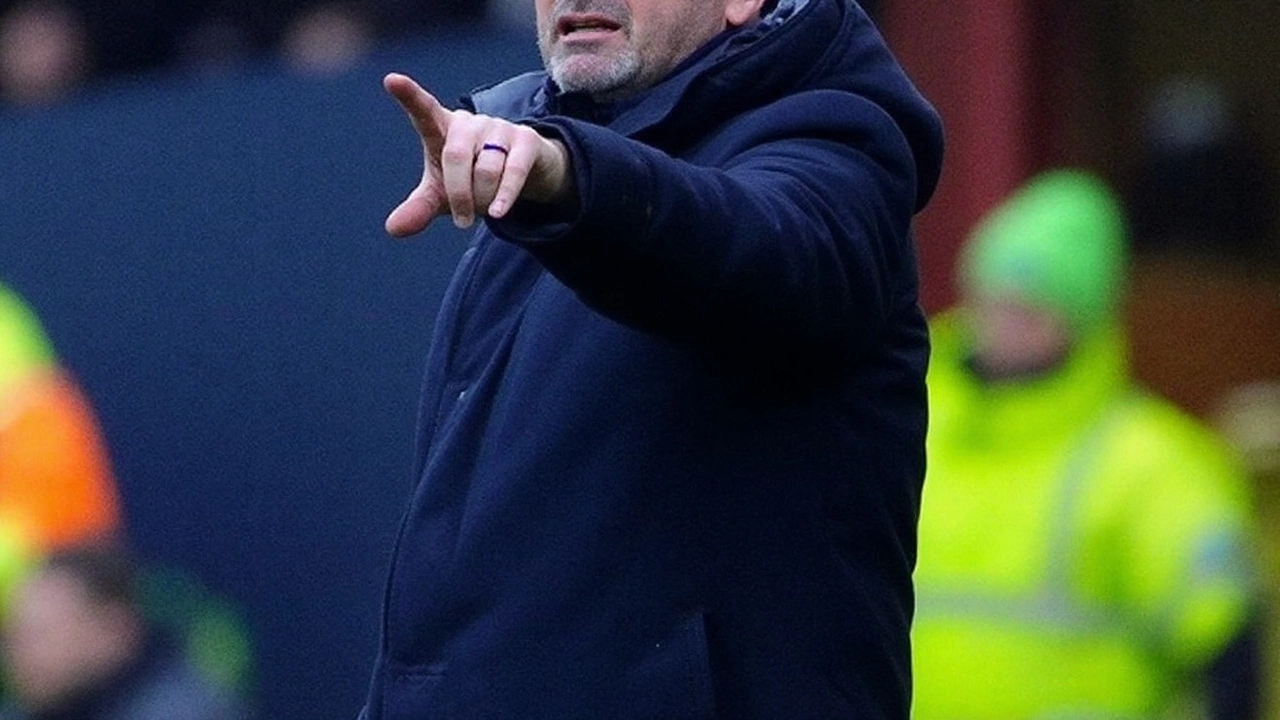A club saved at lunchtime, a manager gone by dinner. That was the stark rhythm of Monday at Morecambe, where a last‑minute takeover rescued the Shrimps from the brink and, within hours, Derek Adams was out of a job.
The new owners moved quickly. With the team stuck in the League Two relegation zone after eight games and only two wins on the board, they opted for a reset. Adams, who returned to English football last summer, leaves after a short, fraught spell that was defined as much by the balance sheet as by the league table.
A rescue, then a reset
The club confirmed that the takeover — the deal that kept the doors open and the lights on — was completed earlier in the day. Soon after, came the managerial decision. In a statement, the board said the change was about giving the team “the best chance of success” in the months ahead and thanked Adams for steering through “an extremely challenging period.”
Adams responded with a brief message: it had been tough for everyone, he said, but he was proud of the effort inside the building and wished the club well. He exits with the season still young but with the table already tight at the bottom, where small runs, good or bad, can set the tone.
First‑team coach Jim Bentley steps in as interim manager. Few faces are more familiar to this club’s supporters. Bentley, a former long‑serving manager and a steady presence around the place, knows the rhythms of this league and the expectations of a fanbase that has seen its share of survival battles. His first tasks are immediate and practical: settle the dressing room, simplify the approach, and stop the slide.
Why act now? New ownership often wants a clean break — fresh voice, fresh ideas, fresh accountability. When margins are thin and the season can turn in a month, waiting can feel riskier than moving. The board’s calculation looks simple: if you’ve just protected the club’s future off the pitch, you can’t ignore the on‑pitch trajectory.
League Two is unforgiving. The bottom two go down to the National League, and rescue jobs usually hinge on basics: defensive structure, set‑pieces, and clarity from front to back. The fixture list is long enough for a turnaround, but only if performances sharpen quickly and draws turn into wins.
Adams’ career sits at the heart of this story. The son of former Ross County director George Adams, he made his name in Dingwall between 2007 and 2011, guiding Ross County to two Scottish Challenge Cup finals and establishing a reputation for building competitive sides on tight budgets. He later took the reins at Plymouth Argyle and Bradford City before taking the Morecambe job. His strengths — organisation, edge, and a willingness to make hard calls — were tested by a summer and autumn dominated by instability.
The takeover’s timing matters. When a club is “saved from extinction,” it means the cliff edge was close: unpaid bills, looming deadlines, suppliers nervous, and a fanbase stuck in limbo. Completing a deal under that pressure usually involves days of haggling and late‑night sign‑offs. It stabilises the balance sheet and stops the worst‑case scenario, but it doesn’t erase the football problems. Those require points.
Bentley’s interim brief will be lean and targeted. He inherits a squad built under financial strain and a league position that punishes hesitancy. Expect a back‑to‑basics approach: cut out errors, squeeze more from set plays, and lean on senior pros to set standards. Momentum in this division often flips on a single clean sheet or a scruffy 1‑0 away win.
- The new board’s immediate calls: set a recruitment process for a permanent manager, stabilise day‑to‑day operations, and communicate clearly with supporters.
- On the football side: audit fitness and form, decide on the core XI, and identify where academy and fringe players can contribute quickly.
- On the culture side: restore confidence. A club that has flirted with liquidation carries stress; managers who turn seasons around tackle the psychology first.
What changes now
Expect a brisk search for a permanent boss. Profiles that tend to rise in these situations are managers who have navigated the bottom half of League Two, worked under constraints, and shown they can organise teams fast. The new owners will want someone who can manage upward and downward: honest with the board, direct with the squad.
Supporters will judge the next steps on feel as much as results: clarity from the boardroom, visible togetherness on the pitch, and little signs of order — a tighter shape, fewer soft goals, a plan for late-game situations. The basics may sound dull, but this is the phase where dull wins.
The wider picture is simple. The takeover bought time. The managerial change bets that a new voice can turn it into points. League Two doesn’t hand out sympathy. It rewards teams that shut the back door, keep their nerve, and make the most of their moments. Morecambe’s season now hinges on doing exactly that, starting this week under Jim Bentley’s watch.
